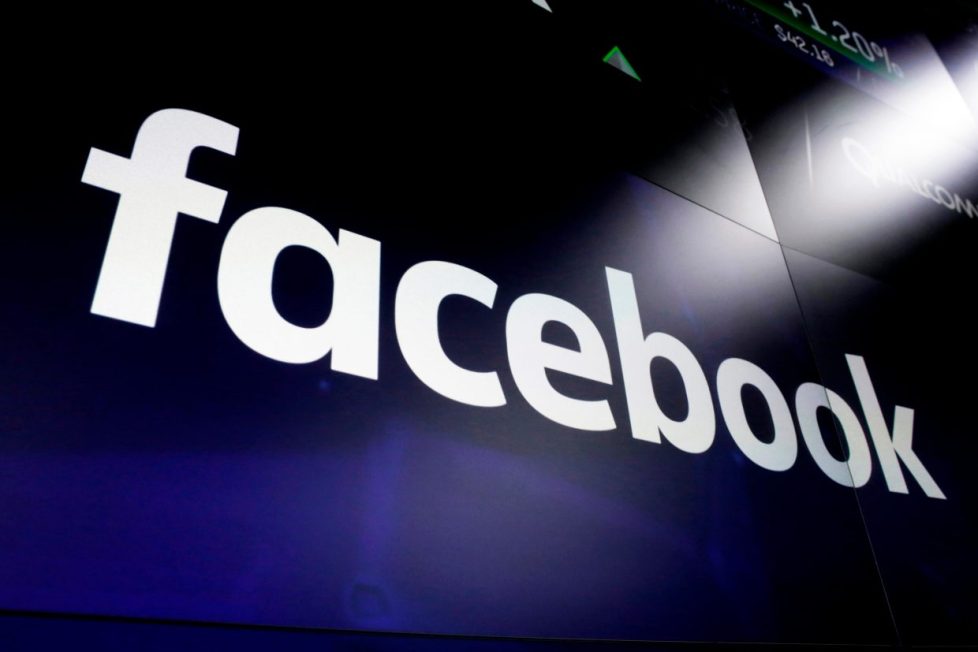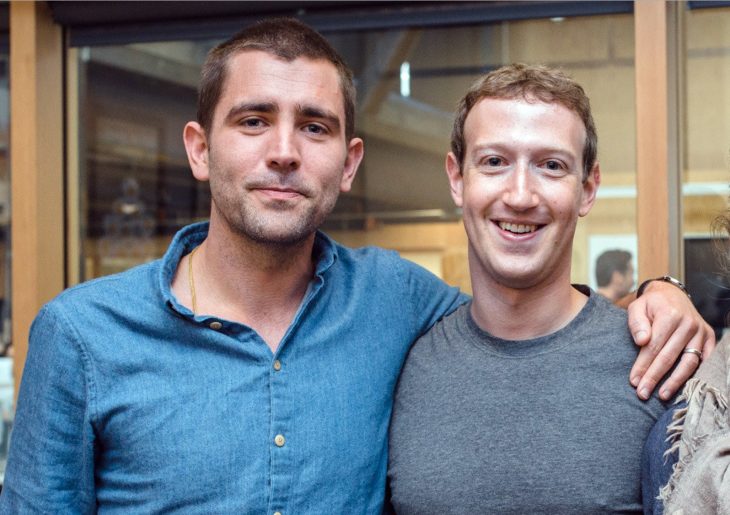
Mark Zuckerberg‘s Facebook is undergoing plenty of new changes in their fight to regain customers and profits after a rough year dealing with privacy issues. Their new changes look to limit newsfeeds which
Revenge Porn AI
Facebook is rolling out new
Currently, Facebook users or victims of revenge porn have to report the inappropriate pictures before content moderators will review them. The company has also suggested that users send their own intimate images to Facebook so that the service can identify any unauthorized uploads. Many users, however, balked at the notion of sharing revealing photos or videos with the social-media giant, particularly given its history of privacy failures.
The company’s new machine learning tool is designed to find and flag the pictures automatically, then send them to humans to review.
Facebook and other social media sites have struggled to monitor and contain the inappropriate posts that users upload, from violent threats to conspiracy theories to inappropriate photos.
Facebook has faced harsh criticism for allowing offensive posts to stay up too long, for not removing posts that don’t meet its standards and sometimes for removing images with artistic or historical value. Facebook has said it’s been working on expanding its moderation efforts, and the company hopes its new technology will help catch some inappropriate posts.
The technology, which will be used across Facebook and Instagram, was trained using pictures that Facebook has previously confirmed were revenge porn. It is trained to recognize a “nearly nude” photo — a lingerie shot, perhaps — coupled with derogatory or shaming text that would suggest someone uploaded the photo to embarrass or seek revenge on someone else.
At least 42 states have passed laws against revenge porn. Many such laws came up in the past several years as posting of non-consensual images and videos has proliferated. New York’s law, which passed in February, allows victims to file lawsuits against perpetrators and makes the crime a misdemeanor.
Facebook has been working to combat the spread of revenge porn on its site for years, but has largely relied on people proactively reporting the content up until now. But that means by the time it’s reported, someone else has already seen it, chief operating officer Sheryl Sandberg said in an interview with The Associated Press. And it’s often tough and embarrassing for a victim to report a photo of themselves.
“This is about using technology to get ahead of the problem,” Sandberg said.
Facebook still sees user-contributed photos as one way to address the problem, and says it plans to expand that program to more countries. It allows people to send in photos they fear might be circulated through encrypted links. Facebook then creates a digital code of the image so it can tell if a copy is ever uploaded and deletes the original photo from its servers.
The company does not expect the new technology to catch every instance of revenge porn, and said it will still rely on users reporting photos and videos.
Facebook Overhaul Sees Chris Cox Exit
Facebook is losing its product chief Chris Cox, a top-ranking executive who spent more than a decade at the company, just a week after CEO Mark Zuckerberg announced a major new direction for the social network.
The departure, announced Thursday , follows Zuckerberg’s announcement that Facebook will shift its emphasis to private messaging over public sharing. The change reflects Facebook’s changing audience and continued problems with serving as a conduit for misinformation and vitriol.
Cox, 36, worked closely with Zuckerberg through the company’s ups and downs, having joined up about 20 months after Facebook was hatched in 2004 in Zuckerberg’s Harvard dorm room.
Cox “is a great guy who is someone who has always tried to do good,” said David Kirkpatrick, an author who became well acquainted with Cox and Zuckerberg while writing a book about Facebook. “My guess is there was some sort of disagreement. He would not be leaving at this challenging time if there wasn’t something else going on.”
Neither Cox nor Zuckerberg specified what led to their split.
“Most all my personal highs and lows of the last decade have been tied up in the journey of this company, with Mark, and with so many of you,” Cox wrote in a post. “This place will forever be a part of me.”
Zuckerberg said Cox first mentioned he might leave a few years ago but decided to stay on after 2016 as evidence emerged that Russians had manipulated Facebook’s services to provoke discord in the U.S. and influence the election won by President Donald Trump.
“I will always appreciate his deep empathy for the people using our services and the uplifting spirit he brings to everything he does,” Zuckerberg said of Cox in his parting note.
Like many other longtime Facebook executives, Cox is unlikely to ever have to work again if he doesn’t want to. He pocketed $310 million in gains from exercising Facebook stock options from 2014 through 2017 alone, according to the company’s filings with securities regulators.
Zuckerberg also announced another departure — Chris Daniels, who had been overseeing Facebook’s encrypted messaging service WhatsApp. Daniels is leaving less than a year after WhatsApp founder Jan Koum resigned in an apparent dispute with Zuckerberg over the future direction of the widely used messaging service.
Facebook isn’t hiring another executive to replace Cox. Instead, the leaders of the Facebook, WhatsApp and Instagram apps that Cox oversaw will report to Zuckerberg. Longtime Facebook executive Will Cathcart will take over Daniels’ job running WhatsApp.
Zuckerberg wants to evolve Facebook’s messaging apps into private forums where people can communicate without worrying about what they are sharing being seen and shared by others.
That effort will include introducing WhatsApp encryption technology to Facebook’s Messenger app and Instagram’s messaging option. Zuckerberg is also promising to make photos and posts automatically disappear from public view.
Facebook’s social network and Instagram photo app won’t change, and will remain available for sharing places, adventures and minutiae with a broader audience.
Forrester analyst Jessica Liu said it sounded like Cox was “subtly disagreeing” with Zuckerberg’s privacy memo, based on Cox’s farewell post. “Facebook Inc. is a massive and evolving company, so it’s only natural that in a company that large, not everyone will agree with every strategic change,” she said.

Facebook Facing Criminal Investigation
The New York Times reports that federal prosecutors are conducting a criminal investigation into Facebook’s data deals with major electronics manufacturers.
The newspaper says a grand jury in New York has subpoenaed information from at least two companies known for making smartphones and other devices, citing two unnamed people familiar with the request. It reports that both companies had data partnerships with Facebook that gave them access to the personal information of hundreds of millions of users.
Facebook describes those data deals as innocuous efforts to help smartphone makers provide Facebook features to users before the social network had its own app.
The Times reports that it is not clear when the inquiry began or exactly what it is focusing on. Facebook did not respond to a request for comment.


